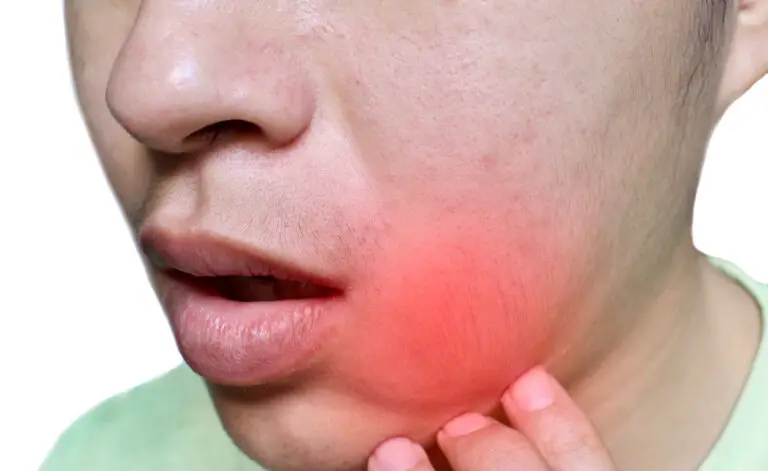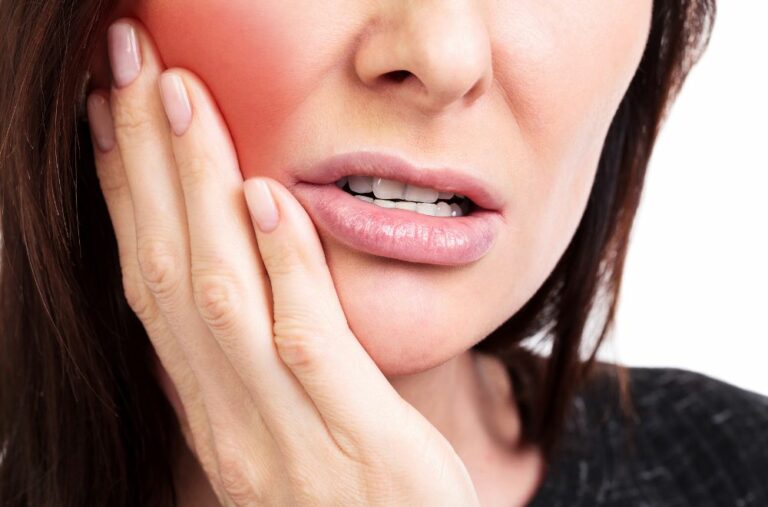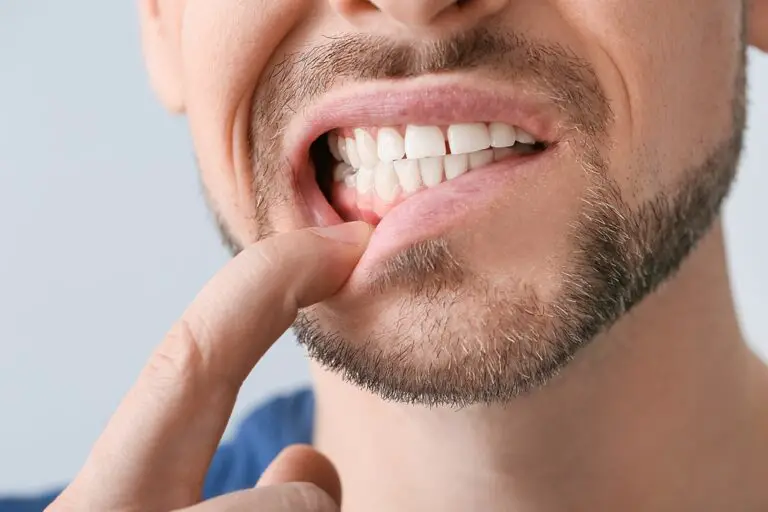It’s common for your mouth to still feel numb several hours after having your wisdom teeth extracted. The numbness is caused by the local anesthetic used during the procedure. This anesthetic blocks sensation in the area while the surgery is performed.
Here’s an overview of why numbness can persist long after wisdom tooth extraction, how long it typically lasts, and what to do if it doesn’t go away or gets worse.
How Long Does Numbness Last After Wisdom Tooth Extraction?
Most patients find the numbness wears off within 4-6 hours after surgery. However, it’s not abnormal for residual numbness to linger for 6-8 hours, or in some cases, up to 12 hours after the procedure.
The duration depends on:
- The type of anesthetic used
- The dosage given
- How your body metabolizes and clears the medication
Long-acting anesthetic agents like bupivacaine are often used to numb the area for wisdom tooth removal. This medication can remain effective for several hours after the effects of other faster-acting anesthetics wear off.
Factors like age, liver health, and certain medications can also affect the time it takes your body to break down and excrete the anesthetic.
Why Does Numbness Persist Longer for Some People?
Several factors can cause you to have prolonged numbness in your lips, tongue, mouth, and jaw after wisdom tooth extraction:
Difficulty Extracting the Tooth
Wisdom teeth that are impacted, in difficult positions, or have curved roots often require more complicated removal. This longer, more invasive surgery necessitates deeper anesthesia.
Quantity of Anesthetic Used
The more anesthetic used, the longer it takes to wear off. A larger dose often needs to be administered for surgical extraction of impacted or problematic wisdom teeth.
Anatomic Proximity
The wisdom teeth are located in the back of the mouth, near several nerves. These include the inferior alveolar nerve and the lingual nerve.
Excessive manipulation or removal of bone near these nerves can cause temporary or permanent numbness. If your dentist had difficulty accessing or extracting your wisdom tooth due to the nerve position, your numbness may persist longer.
Metabolism Rate
Some people metabolize anesthetic faster than others due to factors like:
- Age – younger people eliminate it quicker
- Liver function
- Hydration status
- Other medications in your system
If you have a slower metabolism, the anesthesia can remain active longer. Older adults are more prone to prolonged numbness for this reason.
Vasoconstrictor Effects
Local anesthetics are often mixed with vasoconstrictor agents like epinephrine. This helps constrict blood vessels, reducing bleeding during surgery. It also keeps the anesthetic localized, prolonging the numbing effect.
If your dentist used an anesthetic/vasoconstrictor combination, it may take longer for sensation to return.
How Long Should Numbness Last Before Seeking Help?
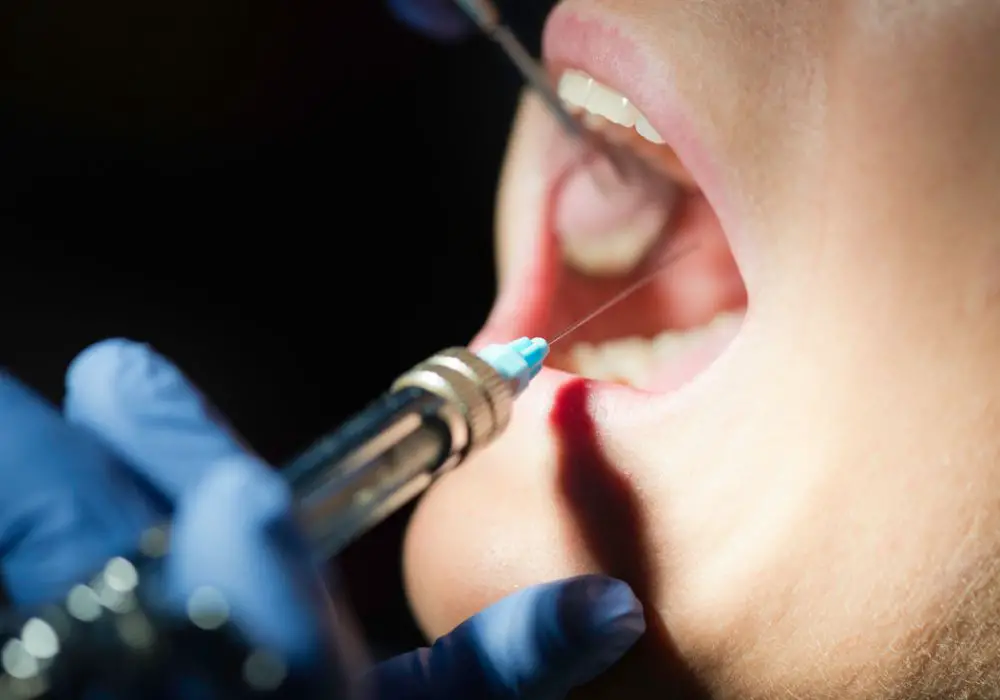
In most cases, you don’t need to worry about numbness that persists for up to 8-12 hours after wisdom tooth removal. However, you should call your dentist if:
- Numbness lasts longer than 12 hours
- It has been over 24 hours and you still have moderate/severe numbness
- The numbness gets worse or spreads
- You experience pain, swelling, or infection in the area
Prolonged, excessive numbness can signify nerve injury or other complications. Your dentist will want to examine you to determine if further treatment is warranted. Call right away if your numbness is accompanied by symptoms like fever, chills, trouble breathing or swallowing, or malaise.
What To Do for Numbness After Wisdom Tooth Removal
Here are some tips for dealing with a numb mouth while you wait for normal sensation to return:
- Avoid very hot or very cold foods and liquids. Your numb lips and tongue make it easier to burn or irritate your mouth. Wait until the anesthesia wears off to drink hot coffee or tea or eat hot soup.
- Don’t chew gum or hard, crunchy foods. You are at risk of accidentally biting your tongue or cheek. Stick to soft foods like yogurt, applesauce, and mashed potatoes until the numbness subsides.
- Manage drooling. Numbness in your lower lip and chin can make it hard to keep saliva in your mouth. Gently wipe your mouth after eating and drinking. You can place gauze or a small towel over the extraction site to absorb excess drool.
- Rinse with warm salt water. Gently rinse after meals to keep food debris out of the surgery site. Mix 1/2 teaspoon salt per cup of warm water.
- Avoid alcohol. Don’t drink alcohol when you can’t fully feel your mouth or lips. This increases the risk of accidental biting or burns. It can also prolong bleeding after dental surgery.
- Monitor for bleeding. Some minor oozing is normal after extraction. If you see excessive bleeding, apply firm pressure with a piece of gauze for 15-30 minutes. Call your dentist if it does not subside.
- Do NOT rub or scratch the numb area. This can cause injury to your lips, cheeks, tongue or gums.
- Wait to brush or floss extraction site. Don’t brush the surgery area for at least 24 hours. Once numbness subsides, gently brush using a soft-bristle toothbrush. Avoid aggressive flossing that could dislodge the blood clot and delay healing.
- Avoid tobacco. Smoking and other tobacco products can disturb the extraction site, prevent proper clotting, and increase your risk of dry socket.
When to Call Your Dentist About Prolonged Numbness
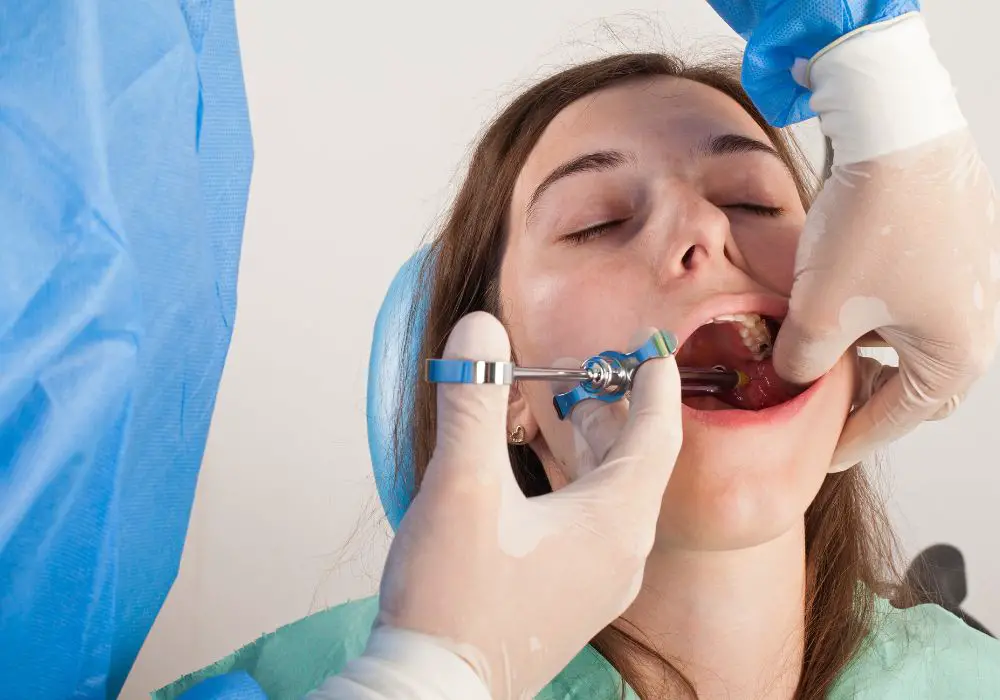
Contact your dentist right away if:
- Numbness persists for over 12 hours and is not improving
- The numbness seems to be getting worse instead of better over time
- Numbness has spread to other areas like your lips, chin, or tongue
- You have throbbing pain that medication does not relieve
Severe or worsening numbness may indicate complications like:
- Infection – Spreading redness, swelling, foul taste, fever
- Nerve injury – From impacted tooth removal or osteotomy
- Bleeding – Excessive oozing from the socket
- Reaction to anesthesia – Allergy or toxicity
Your dentist will examine your mouth and review your symptoms. They can rule out issues like infection or dry socket. If anesthesia toxicity or nerve damage is suspected, you may need medication, follow-up X-rays, or a referral to an oral surgeon or neurologist.
Call 911 or go to the nearest emergency room if you suddenly lose sensation or movement in a large portion of your face or mouth or have trouble breathing. These may signify a life-threatening emergency.
Frequently Asked Questions About Numbness After Wisdom Teeth Removal
How long does numbness last after wisdom teeth removal?
Most patients regain normal sensation within 6-8 hours. It’s common for numbness to persist up to 12 hours, or in some cases as long as 24 hours after surgery. Contact your dentist if numbness exceeds 12 hours and is not improving.
What should I eat and drink while my mouth is numb?
Stick to lukewarm soft foods and avoid alcoholic or hot beverages. Don’t eat hard, crunchy foods that could harm your numb mouth. Also, refrain from using straws which can dislodge the clot.
Is it normal for just half my tongue to be numb?
It’s common for the numbness to only affect half your tongue, or one side of your mouth after wisdom tooth extraction. This occurs because the anesthesia is injected locally around the tooth site, numbing specific nerves in that area.
I’m drooling excessively. What should I do?
Drooling is expected since your mouth and throat muscles can’t feel and control saliva flow. Place gauze gently over the extraction site to absorb drips. You can also gently wipe your mouth with a tissue to remove excess saliva. Avoid choking hazards if your throat is very numb.
When can I resume brushing and flossing after surgery?
Avoid brushing or disturbing the surgery site for at least 24 hours after extraction. After that, you can brush gently using a soft brush. Avoid aggressive flossing around the site while it heals over the next week or so.

